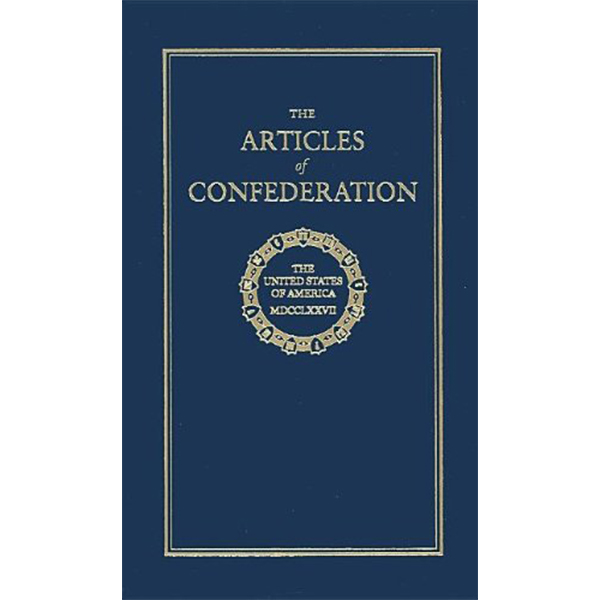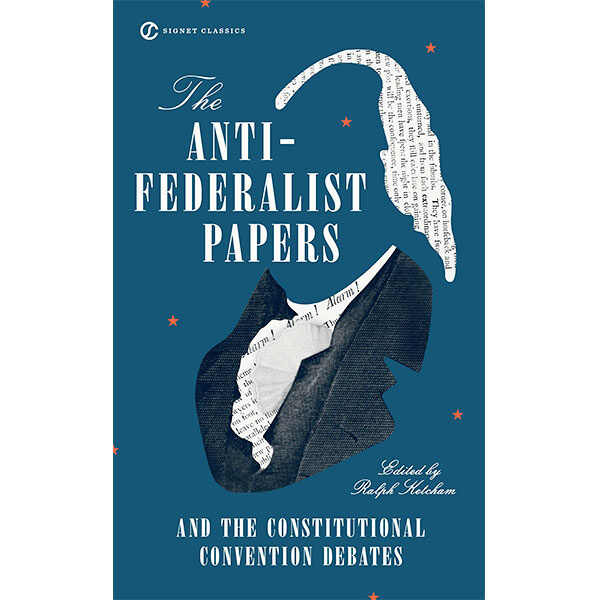The Federalist
Price range: $9.99 through $25.99
Eighty-five papers, one purpose: to explain and defend the Constitution. Written by Hamilton, Madison, and Jay under the name Publius, The Federalist remains the clearest window into the framers’ political thought. For learners, researchers, and educators, it pairs seamlessly with How to Read the Federalist, turning a classic text into a working tool for study and teaching.
Description
The Federalist Papers remain the clearest contemporaneous guide to the Constitution’s design. Written in 1787-88 by Alexander Hamilton, James Madison, and John Jay under the shared name Publius, these 85 essays argued for ratification in New York’s press while teaching first principles — how power should be divided, why an extended republic can restrain faction, and what it takes to secure liberty. Read alongside the Constitution, they show the architecture of a government strong enough to govern and constrained enough to remain free.
The collection moves from the need for union to the mechanics of federalism and separated powers. Key essays anchor the discussion: No. 10 on faction and the extended republic; No. 46 shows how loyalty, structure, and local institutions check national overreach; No. 51 on checks, balances, and the logic of ambition; No. 70 on energy in the executive; No. 78 on the judiciary’s independence and judgment. Across the series, Publius tackles taxation, commerce, war and peace, the militia, treaties, and the character of republican representation — always pressing practical consequences, not abstractions for their own sake. Because the essays were written for citizens, the argument unfolds in steps, with definitions, examples, and tests readers can track.
Pairing this volume with How to Read the Federalist turns a founding classic into a working guide. The companion shows how to approach each paper so students, faculty, homeschool tutors, and independent researchers can move from quotation to comprehension to use. It helps readers pace a seminar, lead a study circle, or prepare a brief, always keeping text, context, and purpose in view.
For classrooms, reading groups, and serious self-study, The Federalist offers access to the framers’ reasoning at full scale. Courts and scholars still cite these essays because they frame disputes in constitutional terms that endure—federal versus consolidated power, liberty versus license, prudence versus zeal. Bring both volumes to the table, read with a pencil, and test each claim against the Constitution itself. Do that, and Publius becomes not only a source to quote, but a teacher you can follow. (2023ed, 454pp, pb)





